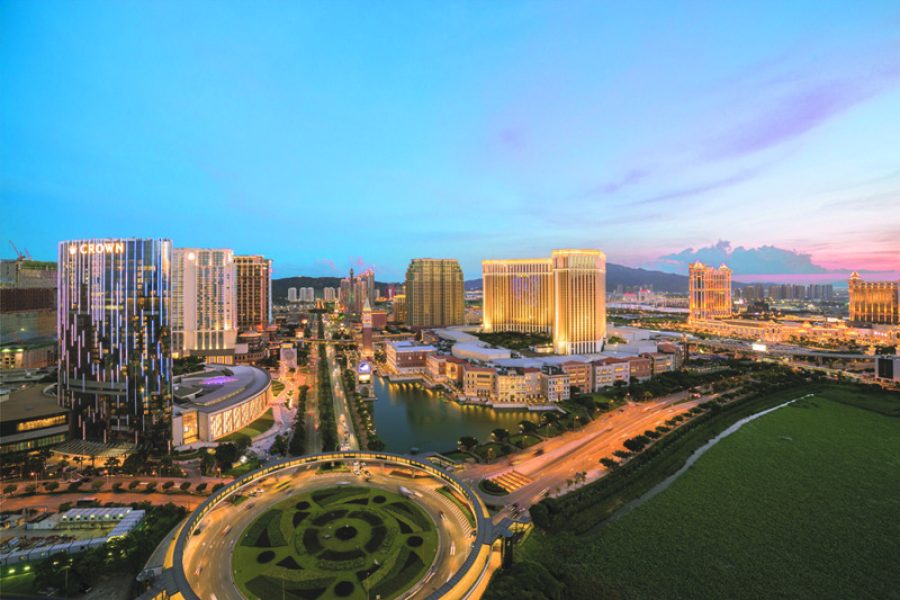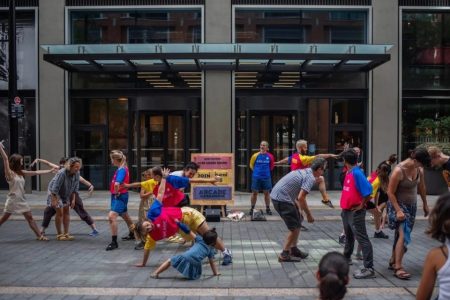The Health Bureau (SSM) said last week that until Friday it had received applications from 27 casinos – among the city’s 47 casinos – for the setting-up of 404 smoking lounges in their gaming areas in line with the new official standards.
The city’s six gaming operators are SJM, Wynn, Galaxy, Venetian, MGM and Melco.
The bureau said in a statement last Friday that among the 404 smoking lounges awaiting approval, it had approved 12 smoking lounges from three casinos – the Ponte 16 casino owned by SJM as well as the Studio City casino and the City of Dreams casino run by Melco.
The new version of the Tobacco Prevention and Control Law, which took effect on January 1 this year, allows casinos to set up smoking lounges in gaming areas in line with the new standards set by the government.
Before the new version of the law took effect, smoking had already been banned in casinos’ mass-market areas, although smoking lounges with separate ventilation systems were permitted, while high-rollers were still allowed to smoke in designated smoking areas in VIP rooms.
The new version of the law states that smoking lounges with the new officially required standards will have to be set up within a year of the law coming into force – i.e. by January 1, 2019. The current smoking lounges and smoking areas can remain in place during the one-year interim period, before the casinos finish setting up their smoking lounges in accordance with the new official standards.
The statement said that the bureau was still processing the other applications awaiting approval.
The statement noted that according to the new version of the anti-smoking law which was passed by the Legislative Assembly (AL) last year, smoking will be banned from January 1, 2019 in all gaming areas, both in mass-market areas and VIP rooms, except in smoking lounges set up in line with the new official standards.
The statement noted that the current smoking lounges set up in line with the previous official standards can no longer operate from January 1, 2019, unless the casino operators have applied for them to continue operating – but only in line with the new official standards – and after the respective applications have been approved by the government.





